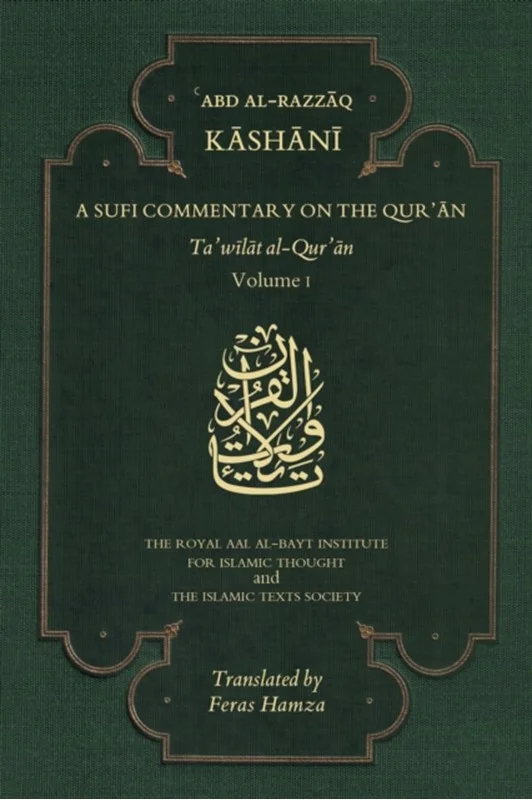The Straight Path: A Commentary on the Holy Qur'an - Nur Al Din Ahmad Al Kazaruni - Bog - The Islamic Texts Society - Plusbog.dk
Al-Sirat al-mustaqim fi tibyan al-Qurʾan al-karim (The Straight Path: A Commentary on the Holy Qur’an) is also known by the title of Tafsir al-akhawayn (Exegesis of the Two Brothers) perhaps because the work was considered a kind of ‘brother volume’ to the well-known Tafsir al-Jalalayn by Jalal al-Din al-Mahalli and Jalal al-Din al-Suyuti. The two works are somewhat similar inasmuch as they are both short complete commentaries on the Qur’an. In his introduction, Kazaruni lays out his approach to tafsir and provides a useful explanation of the distinction between exegesis (tafsir) and interpretation (ta’wil). Throughout the work, he displays a conscious effort to rely upon sound narrations of hadith, such as those of Bukhari and Muslim. Kazaruni was a staunch adherent to the Ash''ari school of theology and was also particularly devoted to the great theologian and exegete Fakhr al-Din al-Razi (d. 1210). Kazaruni was clearly a proponent of Sufism, yet his tafsir is by no means a ‘Sufi exegesis’. As he explains in his introduction, his occasional references to Sufism are among the ‘other auxiliary matters which serve to uncover some deeply buried secrets’. The same can be said of his occasional forays into language, theology, jurisprudence, history and other concerns, never with the intention of being exhaustive, but always aiming to provide, as he promises at the outset, ‘a refreshing draught to quench the thirst of those who seek exegesis that is brief, especially those who wish to recite the Qurʾān while pondering its meanings’.Al-Sirat al-mustaqim fi tibyan al-Qurʾan al-karim has been translated in two volumes: Volume I includes the commentary from the first Chapter, The Opening (al-Fatiha), until the eighteenth Chapter, The Cave (al-Kahf); while Volume II includes the commentary from Chapter nineteen, Mary (Maryam), to the end of the Qur’ān.


















